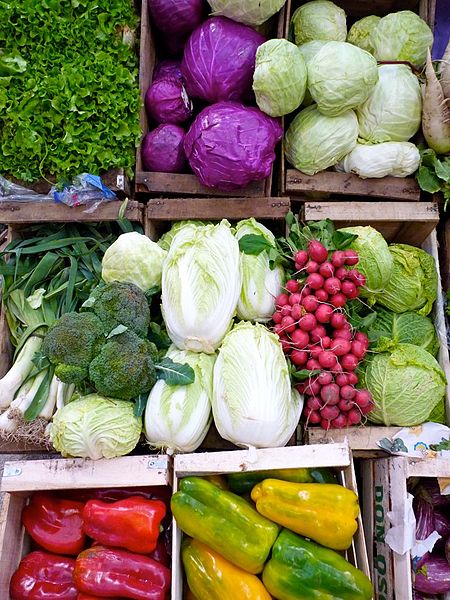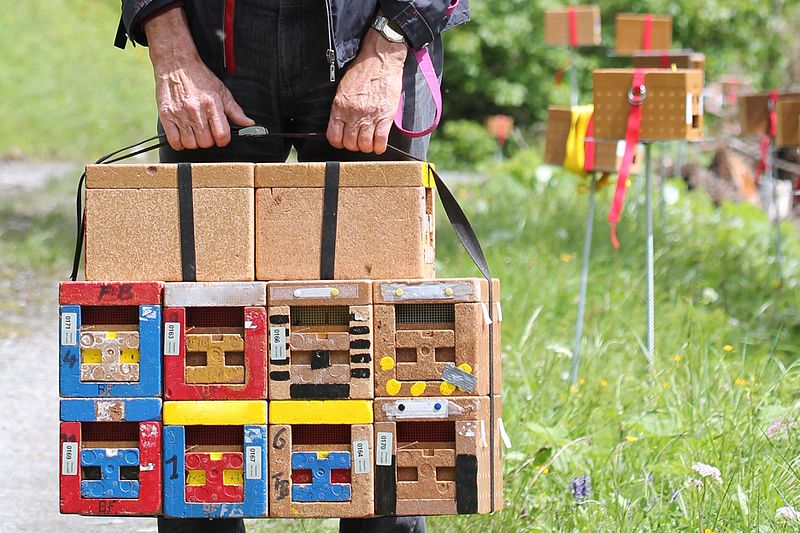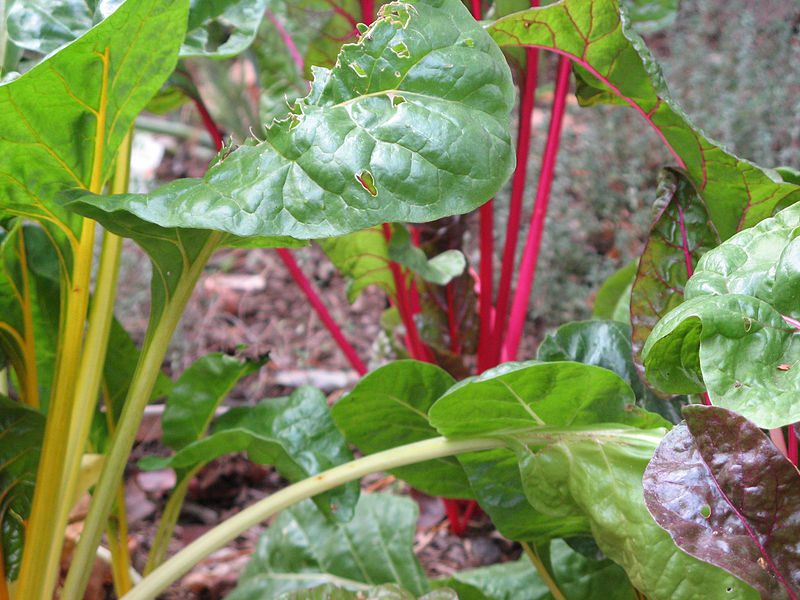Meta
Title: The Urban Food Gardener Startup, Agents For The Circular City
What: Article
Ordered by: Self
English & Deutsch ↓
The Urban Food Gardener Startup
Make a business with urban food gardening and create an institution and corner stone for the sustainable and circular transformation of our cities.
UPDATE:
After this post we were contacted by two people in different cities that will now try to implement this idea. We will keep you posted if we hear more.
–
⚘
A few days ago there was an idea and I am still thinking about it – so it is probably worth sharing. It is an idea for an urban gardening startup – and for a possible pathway to create non public funded institutions to make cities sustainable, circular and resilient.
One of the well known ideas for sustainable and resilient cities it is to grow more food in the city. Urban gardening. How to increase it?
I live in the centre of this city. Our house has a nice backyard with a garden and our flat a huge balcony. Plenty of space to grow food. But I personally lack the time and interest to do it. But I would love to see the space used. And I know others in this house too (there was an initiative but it failed due to a lack of time). So I thought we could hire someone – our own urban food gardener! Someone to take care of growing food in our garden. And sometimes during the year on our doorstep is a bag full of vegetables from our backyard.
The urban food gardener could not just take care of our house but of many in the neighbourhood. It could be a bit like the model with the cleaning person. In big cities many people hire someone to clean their flat. This cleaning person usually has the key to the flats and takes care of them for example once a week. It could be similar with the urban gardener – just with the key to our house/backyard!
And this is the startup – to offer this service to houses in a city.
–
Anciallary expenses
We pay rent for our flat. Included are costs for the janitor, cleaning, garbage, gardening and so on – the ancillary expenses. The urban food gardener would be a cost like this. It just comes with the house.
And yes, a garden service is already included. There are companies that already do this as a business. But a quick internet search didn’t bring up one that also offers to grow food. But it is just a tiny step to break this (systems) limitations 🙂
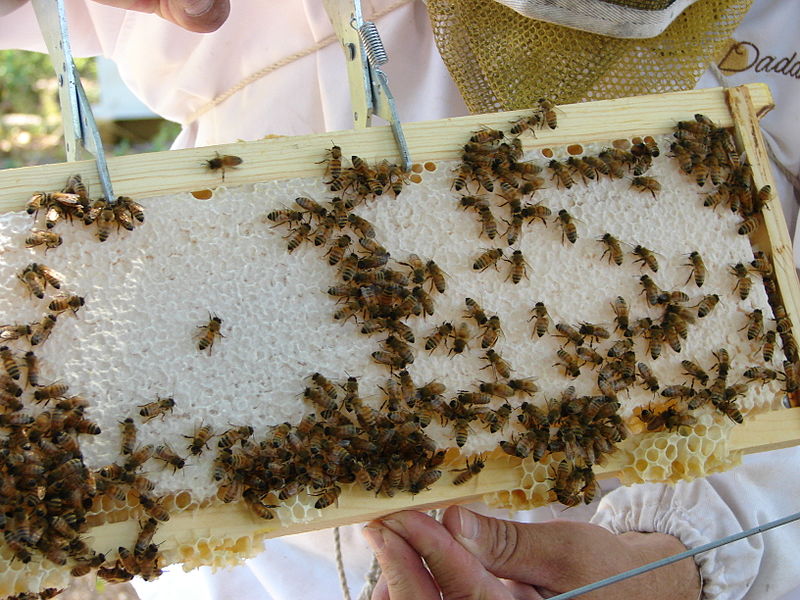
–
It is the little extra services
If you think about the urban food gardener for a while you can come up with more benefits/services for the community of a house than an interesting garden in the back and a little food from it. The urban food gardener could for example offer:
- workshops for interested house residents (involve them in the process – CSA in the city),
- organize house or (in connection with other food gardeners) street fests – ‘thanksgivings’ – and bring the community together,
- send interesting infos out about the weather, ecosystem …
You can come up with more.
The whole role and service is to be the ecological and also social sustainability agent of this house.
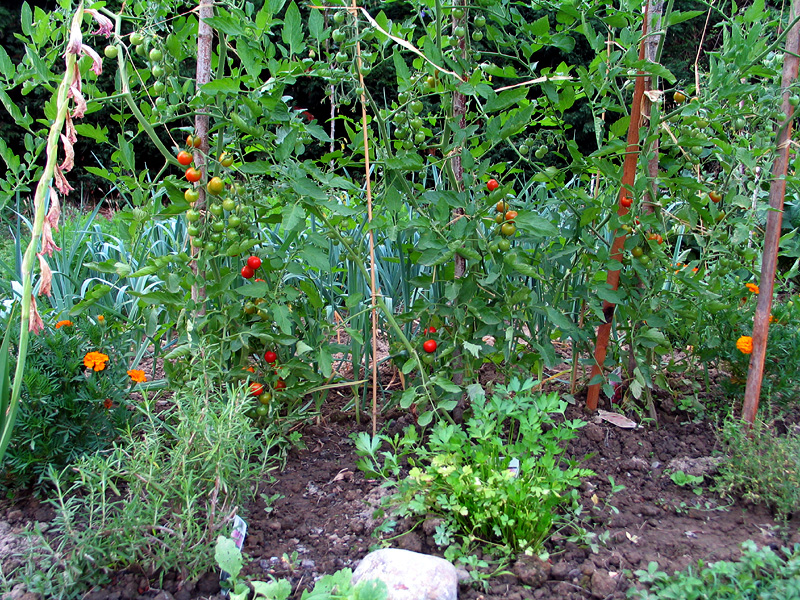
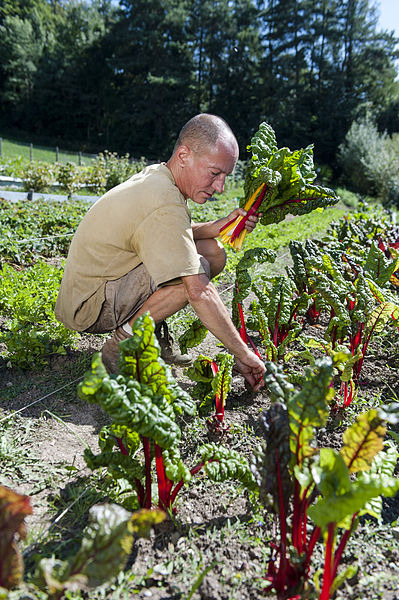

–
Cicularity janitor & sustainability agent
And it is the extra services that make this really interesting! The role of the urban food gardener could easily grow into the sustainability and circularity janitor of each house.
It is the job to install for example rainwater tanks, show the residents how to hack their waste or waste creating behaviours, scan the energy efficiency potentials of the house and do all of this including setting up and maintaining the garden infrastructure with as little resources as possible – leading by example.
Urban food gardeners love of course openness and share knowledge on an open platform to allow each other to become efficient and circular as quickly as possible.

–
Just start with food
But this is just a vision what the urban food gardener could become or grow into. One step to far for today. Noone would hire a sustainability and circularity ‘janitor’ today. But people may hire a food gardener! If the service is offered in a nice way it could really work. And this urban food gardener could build up the potential for more.
–
Start already this spring!
Let’s do a quick round of math. Let’s say as a yearly budget you would need (Berlin):
–
BUDGET
25 000 Euro per year for your living +
10 000 Euro per year for materials
= 35 000 Euro of total income per year
How many customers can you serve? Let’s say:
CUSTOMERS
10 houses with 10 adult residents per house
= 100 adults in total
Ok, this sums up to
(35000 Euro : 100 adults : 12 months)
29,17 Euro per month per adult
Less than 30 Euro per month for an interesting garden in the back of the house and some food from it? I think it could be possible to find customers! And maybe it is possible to serve even more households and to have lower investment and therefore a lower price.
–
I am not the person who wants to do this job or startup. But I am sure there are people that would love to do it. Please go ahead. I would love to see this happening. If we really want to transform our cities we need people who do it as a job. And here is a startup and business possibility: ‚Professional urban gardening’ attached to community services.
One good thing about this idea is that the more people start doing it the more likely it is that many of them succeed. Build the market for this together.

–
Connect
If you think about doing it and you like to brainstorm feel free to reach out to me (but you don’t have to). Use the channels you know and like to reach out and connect to people to help you to start with the idea. I have also set up a topic on the OSCEdays forum for this. There you can post a comment to look for people to work with or to help you. After you have signed up to the forum (with email) you can subscribe to the topic so you’ll get an email when there are new posts.
Ps. And if you know projects or companies doing this already (there must be some!) please let us know about them in the comments there as well.
Thanks for reading.
[Scroll down for Image Credits]
\ o /
o o o
/ o \
Deutsch Version
Die urbane Lebensmittelgärtnerei – ein Startup
Gründe ein Unternehmen für urbane Lebensmittelproduktion und schaffe eine Institution und einen Grundstein für den nachhaltigen Umbau unserer Städte.
UPDATE:
Nach diesem Posting haben sich zwei Leute in zwei verschiedenen Städten gemeldet, die versuchen werden, diese Idee umzusetzen. Mehr wenn wir mehr erfahren.
–
⚘
Vor ein paar Tagen gab es hier eine Idee, an die ich immer noch denke. Darum teile ich sie mal. Es ist eine Idee für ein Urban-Gardening-Startup. Und für eine nicht öffentlich geförderte Institution mit Potential den nachhaltigen, zirkulären und resilienten Umbau unserer Städte voranzubringen.
Urbane Lebensmittelproduktion (‚urban gardening’) für resiliente und nachhaltige Städte ist bekannt. Wie kann man das voranbringen?
Ich lebe im Zentrum meiner Stadt. Zum unserem Haus gehört ein schöner Garten im Hinterhof und zur Wohnung eine größere Balkonterasse. Viel Platz für Karotten, Kohlrabi und Blumenkohl. Ich selbst habe fürs Gärtnern weder Zeit noch Lust. Aber ich wäre glücklich, den Raum genutzt zu sehen. Und ich weiß, andere in diesem Haus auch, (es gab mal eine Initiative, die aber an Zeitmangel scheiterte). Wieso können wir nicht jemanden anstellen dafür? Unseren eigenen urbanen Lebensmittelgärtner*. Der kümmert sich um den Anbau. Und zwei drei Mal im Jahr steht eine Kiste mit Kohlrabi, Karotten und Blumenkohl vor unserer Wohnungstür.
Unser urbaner Lebensmittelgärtner würde sich nicht nur um unser Haus kümmern sondern um mehrere, vielleicht in der ganzen Nachbarschaft. Es könnte ähnlich funktionieren wie mit Putzhilfen. In Großstädten haben viele eine. So eine Putzhilfe hat in der Regel die Wohnungsschlüssel und kümmert sich nicht nur um eine Wohnung, sondern hat viele Kunden. Genau so könnte das auch mit dem urbanen Lebensmittelgärtner funktionieren – nur mit dem Schlüssel zum Hinterhof.
Und das ist das Startup; diesen Service anzubieten.
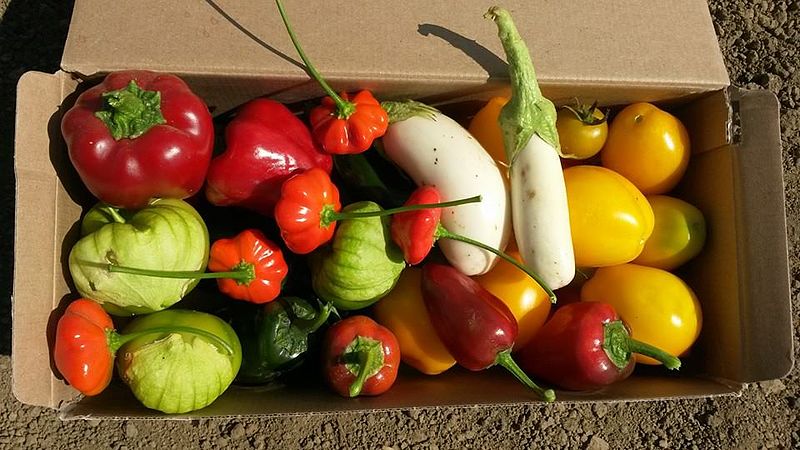
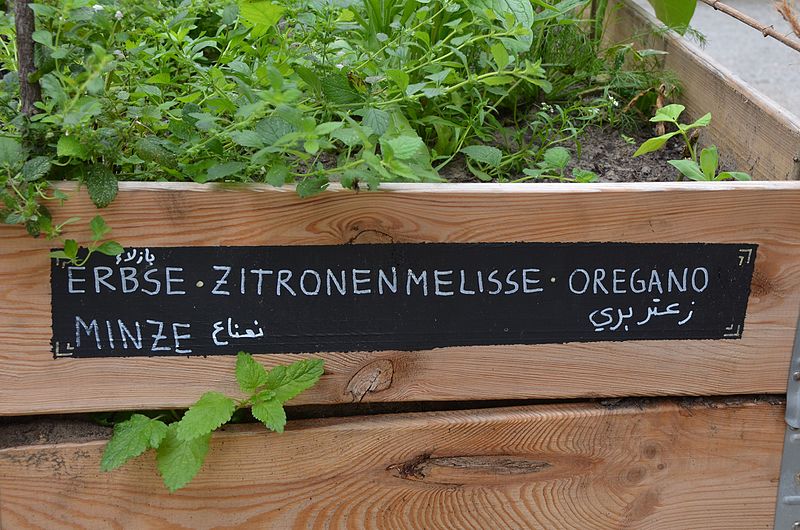
–
Nebenkosten
Wir alle zahlen Nebenkosten für unsere Wohnungen – für Hausreinigung, Hausmeisterei, Müllentsorgung, Gartenpflege und so weiter. Der urbane Lebensmittelgärtner könnte einfach ein weiterer Nebenkostenposten sein. Er gehört zum Haus.
Und ja richtig, Gartenpflege ist in vielen Häusern ohnehin schon dabei. Es gibt einen Markt dafür und Unternehmen die ihn bespielen. Aber eine kurze Internetsuche hat keine heraufgebracht, die auch Lebensmittelanbau anbietet. Es ist nur ein kleiner Schritt, diese Limitierung aufzubrechen :-).

–
Die kleinen Extraservices zählen
Denkt man über den urbanen Lebensmittelgärtner nach, fallen einem bald mehr mögliche Vorteile/Services für die Hausgemeinschaft ein als nur ein lebendiger Garten im Hinterhof und etwas Gemüse. Der urbane Lebensmittelgärtner könne z.B.:
- Workshops für interessierte Hausbewohner anbieten (sie in den Prozess einbeziehen – solidarische Landwirtschaft in der Stadt),
- Haus- oder (in Zusammenarbeit mit anderen urbanen Lebensmittelgärtnern) Straßenfeste gestalten (z.B. ‚Ernte-Dank-Feste’), die die Hausgemeinschaft(en) zusammenzubringen,
- Interessante Informationen übers Wetter, Ökosysteme usw. kommunizieren …
Da fällt einem auch noch mehr ein!
Die Rolle und der Service ist es, der ökologische und soziale Nachhaltigkeitsbeauftragte des Hauses zu sein.



–
Nachhaltigkeits- und Kreislaufhausmeisterei
Es sind die Extraservices, die den urbanen Lebensmittelgärtner so interessant machen; die Rolle lässt sich perfekt erweitern zum Nachhaltigkeits- und Kreislaufhausmeister eines Hauses.
Aufgaben oder Tätigkeiten könnte z.B. sein, Regenwassertanks aufzustellen, den Hausbewohnern beizubringen, wie sie ihren Müll oder ihre Müllproduktion hacken können, die Energieeffizienz des Hauses zu steigern usw. – und all das inklusive der Garteninfrastruktur mit so wenig wie möglich Ressourcen zu bewerkstelligen – mit der Gießkanne in der U-Bahn von Kunde zu Kunde! Ein gutes Beispiel geht voran. Und ein Haus wird schrittweise Teil einer Kreislaufwirtschaft.
Urbane Lebensmittelgärtner lieben natürlich Openness und teilen Wissen auf offenen Plattformen, um durch dezentrale Zusammenarbeit schneller besser zu werden.
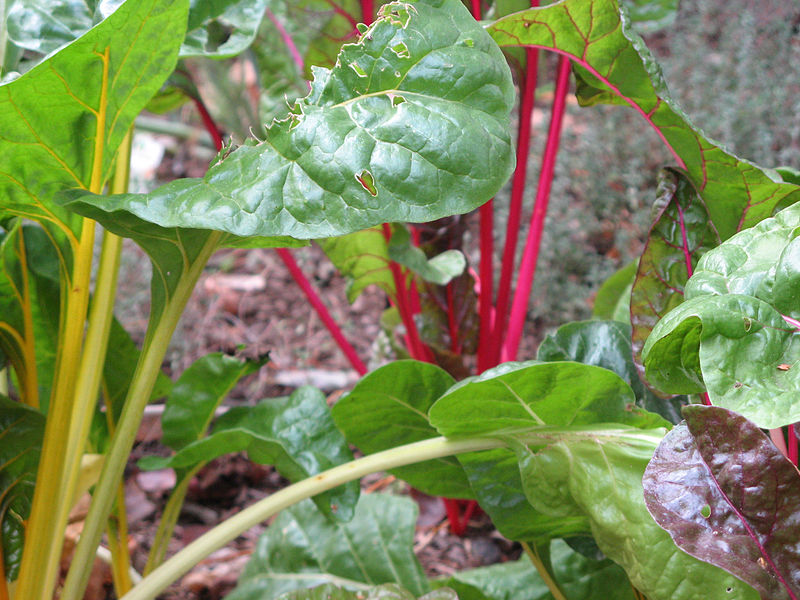

–
Mit Lebensmitteln anfangen
Aber das ist nur eine Vision, wohin der urbane Lebensmittelgärtner sich entwickeln könnte, einen Schritt zu weit für heute. Niemand würde einen Nachhaltigkeits- und Kreislaufhausmeister heute einstellen. Aber es könnte Menschen geben, die einen urbanen Lebensmittelgärtner einstellen! Und der ist der erste Schritt dahin. Essen leuchtet ein, essen muss jeder, essen ist interessant.
–
Schon dieses Frühjahr beginnen!
Um alles mal kurz grob durchzurechnen. Sagen wir als Jahresbudget bräuchte man (in Berlin):
–
BUDGET
25 000 Euro pro Jahr zum Leben +
10 000 Euro pro Jahr für Arbeitsmaterial
= 35 000 Euro notwendige Jahreseinnahmen
Wie viele Kunden kann man annehmen? Sagen wir:
KUNDEN
10 Häuser mit (x) 10 erwachsenen Bewohnern pro Haus
= 100 zahlende Erwachsene insgesamt.
Das summiert sich auf
(35000 Euro : 100 Erwachsene : 12 Monate)
= 29,17 Euro pro Monat je Bewohner
Also weniger als 30 Euro monatlich für einen schönen und lebendigen Garten im Hinterhof inklusive ein wenig Gemüse von dort. Ich denke, es könnte möglich sein, Kunden zu finden – zumindest in einigen Stadtteilen. Und eventuell kann man ja mehr Häuser mit mehr Kunden annehmen und die Materialkosten reduzieren (bestimmt!) und so einen geringeren Preis anbieten.
–
Ich selbst habe keine echte Freude am Gärtnern und damit keine Lust auf dieses Startup/diesen Job. Aber ich bin sicher, es gibt Menschen, die würden das sehr gern machen. Legt einfach los! Ich würde mich wirklich freuen, das entstehen zu sehen. Wollen wir unsere Städte wirklich umbauen, brauchen wir Menschen, die das als Job machen. Und hier ist ein Geschäft: professionelle urbane Lebensmittelproduktion in Verbindung mit Gemeinschaftsservices.
Je mehr Menschen anfangen, diese Idee auszuprobieren, je wahrscheinlicher ist es, dass es für viele von ihnen klappt. Zusammen kann man leichter einen Markt schaffen. Das ist kein Konkurrenzgeschäft, in dem nur einer überleben kann.

–
Vernetzt euch
Wer jetzt darüber nachdenkt und brainstormen möchte, schreibt mir einfach eine Email (nur wer mag, ihr könnt auch einfach so anfangen). Nutzt eure bekannten Kanäle, um Hilfe und Partner zu finden. Ich habe hier auch ein Topic im OSCEdays-Forum aufgesetzt. Dort kann man bei Interesse posten. Wenn man mit einer Emailadresse im Forum angemeldet ist, kann man das Topic auch abonnieren und bekommt eine Email, wann immer ein neuer Kommentar dort erscheint und sich eventuell neue Möglichkeiten öffnen.
Und falls jemand Projekte oder Unternehmen kennt, die derartiges bereits anbieten (muss es einfach geben), bitte auch einen Kommentar posten.
Danke fürs Lesen
* Ich hab den Text nicht durchgehend gegendert, es ist aber klar, dass immer ‘die/der Lebensmittelgärtner/in’ gemeint ist.
.

